Apr 02
Gies Business ranked #5 public business school by Poets&Quants
Gies Business was ranked #5 among public business schools (#19 overall) and ranked #3 overall in academic experience.
Apr 02
Gies Business was ranked #5 among public business schools (#19 overall) and ranked #3 overall in academic experience.
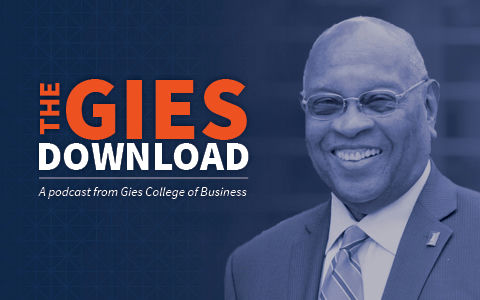
Apr 01
In the latest episode of the Gies Download, Gies Business alumnus Lester McKeever (ACCY '55), shares his remarkable journey from growing up in Chicago to becoming one of the first Black CPAs in the United States.

Mar 20
The newest Gies Business building is Steven S. Wymer Hall. With two 80-seat classrooms, four 60-seat classrooms, an auditorium seating 200, and 84 offices for faculty and staff.

Feb 26
Through its innovation programs, purpose-driven curriculum, and abundance of networking opportunities, Gies Business is helping women find their place in the world of finance.
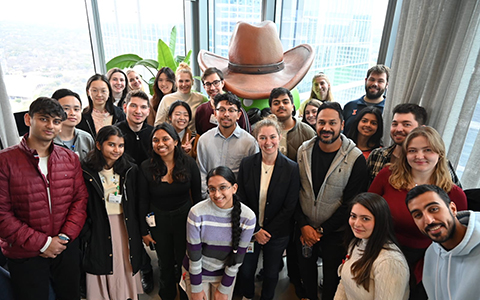
Feb 24
The Hoeft T&M Program empowers graduates from Gies Business and Grainger Engineering to excel in multi-functional roles, such as project or product managers. It equips them to speak the language of their counterparts in engineering or business, a highly sought-after skill.
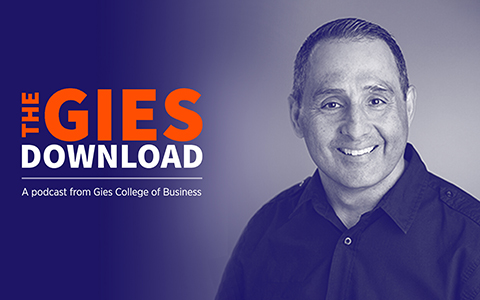
Feb 11
Oscar Ybarra is passionate about finding the answers to questions that impact our daily lives, and he has co-authored a new study on workplace well-being

Feb 05
Experts from Gies College of Business warn that the road to recovery will be long, with significant challenges to the local economy, housing market, and insurance industry.
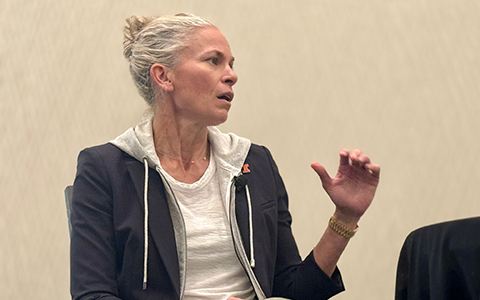
Feb 04
In a presentation to fellow business deans at the 2025 AACSB Deans Conference, Brooke Elliott emphasized innovation, collaboration, and a focus on core educational values.

Feb 03
A study out of the University of Illinois Gies College of Business details the health risks posed by smoke plumes that have traveled across the country in the days following wildfires.
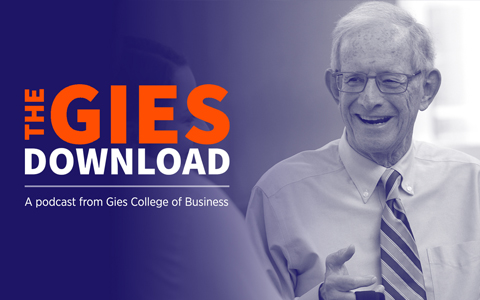
Jan 24
Over the past four decades, Tony Petullo has given back to the University of Illinois in many impactful ways. And, despite being in his 80's, Tony still mentors Gies Business students each and every semester.

Jan 21
Data from new study reveal that many employees are not thriving: 57% of respondents report languishing at work, while 43% report flourishing.
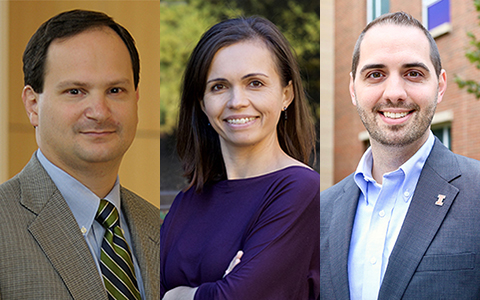
Jan 16
The CBO estimates that the under the likely scenario (a three-degree warming trend), the GDP will decrease by four percent, wildfires would be five times greater, and damage from routine flooding would total $250 billion.